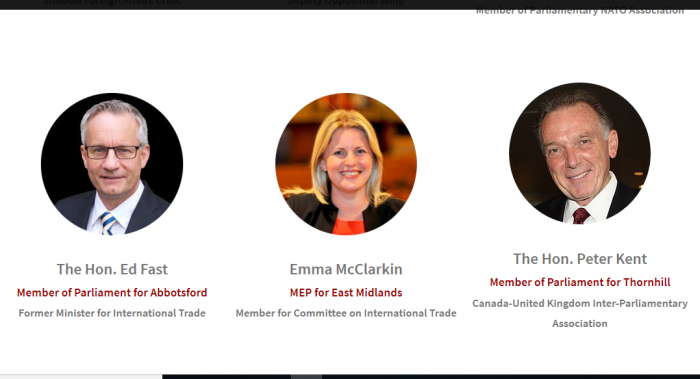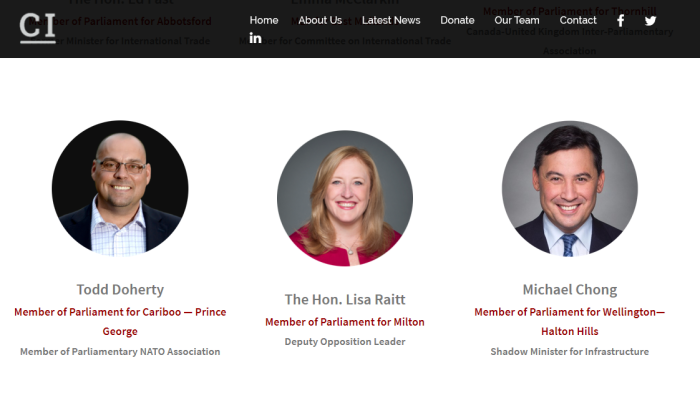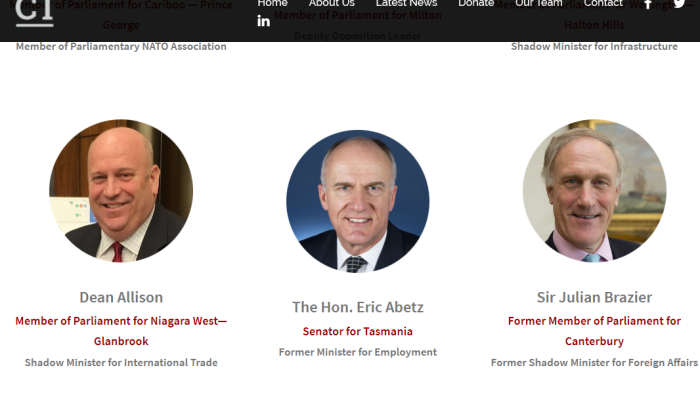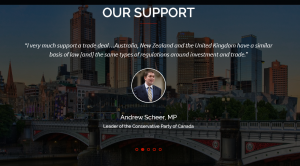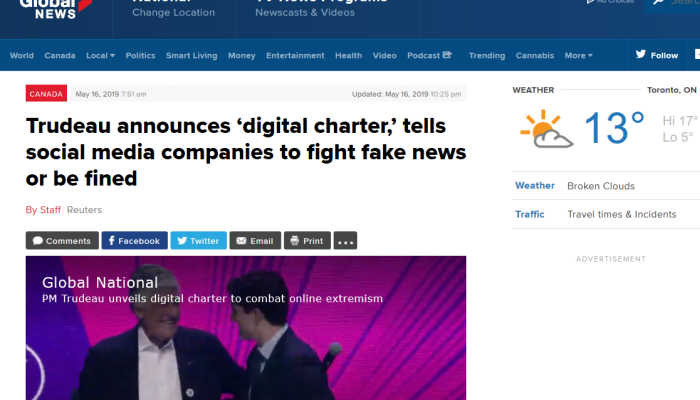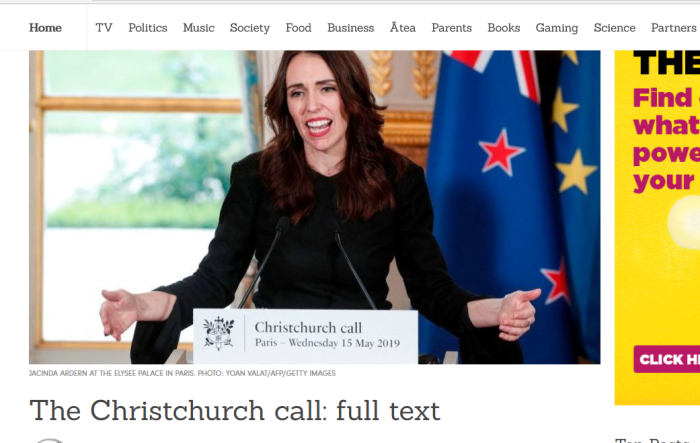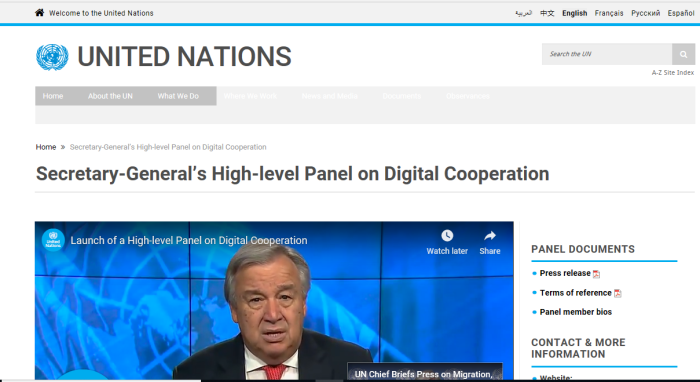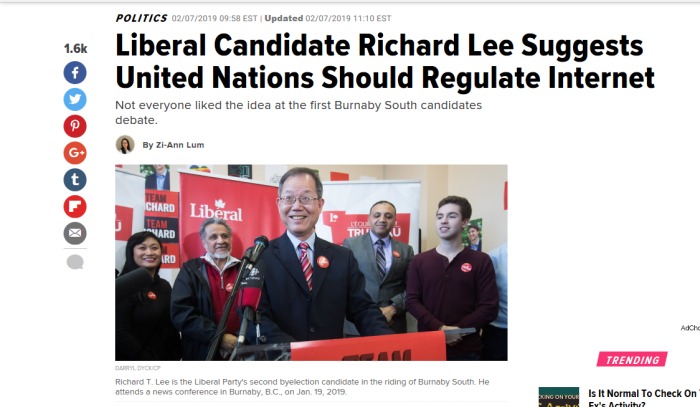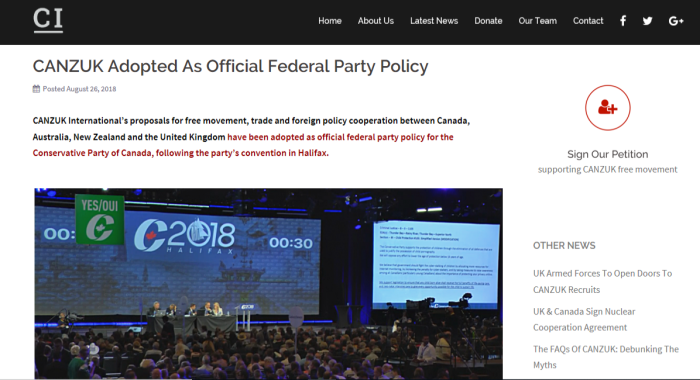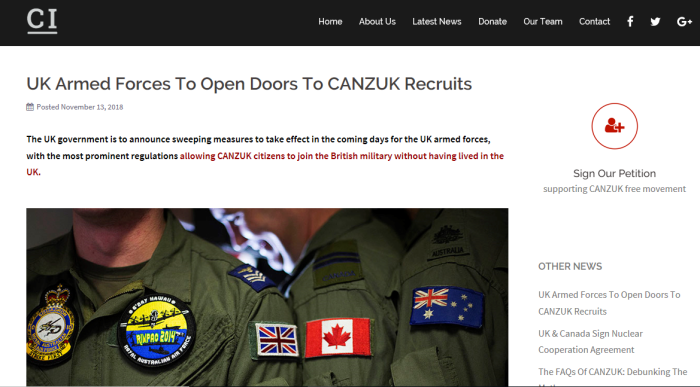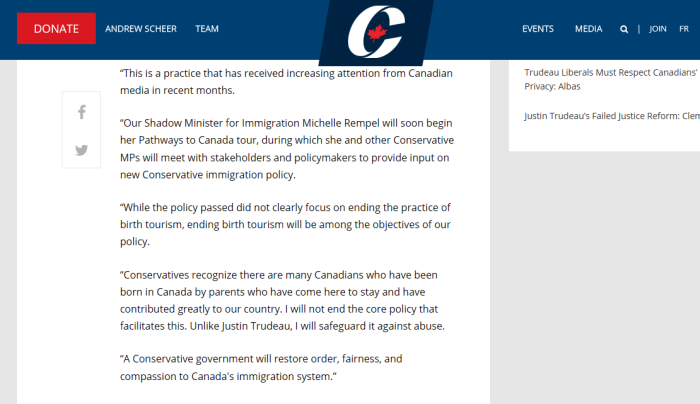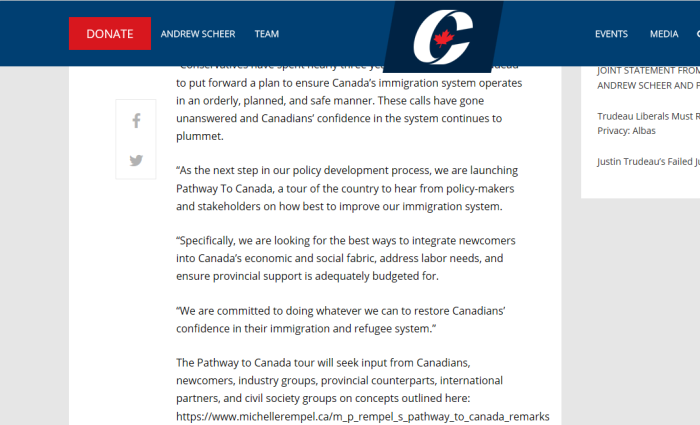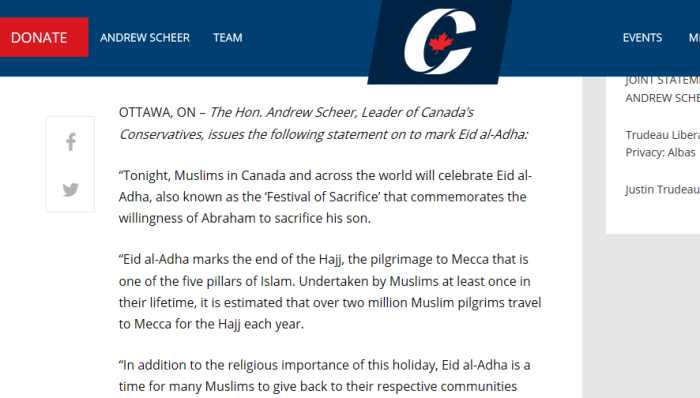(Government link for TPP, now referred to as CPTPP)
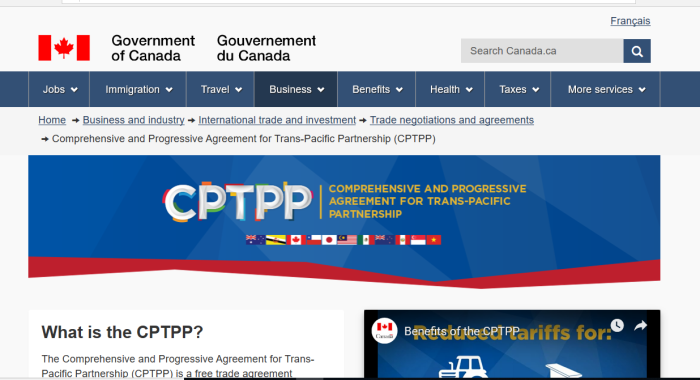
(Canada’s Bill C-79, October 2018)
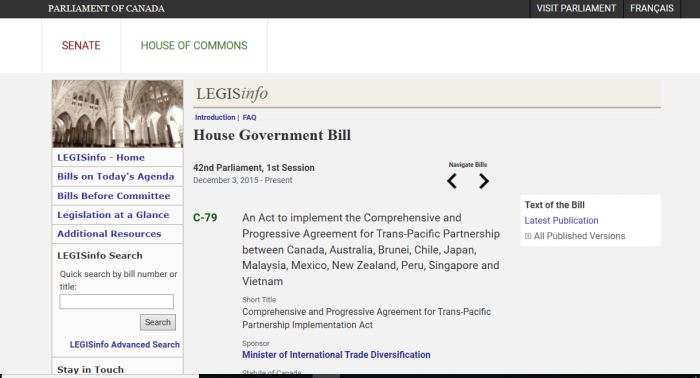
1. Offshoring, Globalization, Free Trade
The other posts on outsourcing/offshoring are available here. It focuses on the hidden costs and trade offs society as a whole has to make. Contrary to what many politicians and figures in the media claim, there are always costs to these kinds of agreement. These include: (a) job losses; (b) wages being driven down; (c) undercutting of local companies; (d) legal action by foreign entities; (e) industries being outsourced; and (f) losses to communities when major employers leave. Don’t believe the lies that these agreements are overwhelmingly beneficial to all.
2. Important Links
(1) ttps://www.parl.ca/LegisInfo/BillDetails.aspx?Language=E&billId=9970461&View=5
(2) https://www.international.gc.ca/trade-commerce/trade-agreements-accords-commerciaux/agr-acc/cptpp-ptpgp/index.aspx?lang=eng
(3) https://www.epi.org/publication/the-china-toll-deepens-growth-in-the-bilateral-trade-deficit-between-2001-and-2017-cost-3-4-million-u-s-jobs-with-losses-in-every-state-and-congressional-district/
(4) https://www.epi.org/publication/webfeatures_snapshots_archive_12102003/
(5) https://www.epi.org/blog/naftas-impact-workers/
(6) https://www.epi.org/publication/webfeatures_snapshots_archive_11052003/
Note: After the US withdrew from the agreement, it was renamed the Comprehensive and Progressive Agreement for Trans-Pacific Partnership (CPTPP).
3. Trading Partner Brunei, Stoning Gays
On a side note, Brunei, a small nation governed by Islamic law, announced it would stone gays to death in accordance with religious law. It seems extremely hypocritical for the virtue-signaling Prime Minister Trudeau to have such a trading partner. However, under public pressure, Brunei has apparently backed down from the measure.
4. Portions Of Bill C-79
Causes of action under sections 9 to 13
.
8 (1) No person has any cause of action and no proceedings of any kind are to be taken, without the consent of the Attorney General of Canada, to enforce or determine any right or obligation that is claimed or arises solely under or by virtue of sections 9 to 13 or an order made under those sections.
Causes of action under Agreement
.
(2) No person has any cause of action and no proceedings of any kind are to be taken, without the consent of the Attorney General of Canada, to enforce or determine any right or obligation that is claimed or arises solely under or by virtue of the Agreement.
.
Exception
.
(3) Subsection (2) does not apply with respect to causes of action arising out of, and proceedings taken under, Section B of Chapter 9 or Article 11.22 of the TPP.
Right away is a red flag. If you are a private party, there may be instances where litigation is required to protect your interests (from unfair trade practices perhaps). However, the wording makes it clear that legal action is not possible here unless the Attorney General signs off on it.
As for the exceptions, Chapter 9, Section B refers to disputes among investors, and encourages the parties to resolve the problems themselves. Article 11.22 outlines dispute mechanisms for financial services.
Payment of expenditures
.
12 The Government of Canada is to pay its appropriate share of the aggregate of
(a) any expenditures incurred by or on behalf of the Commission,
(b) the general expenses incurred by the committees, working groups and other bodies established under the Agreement and the remuneration and expenses payable to representatives on the Commission and those committees and to members of those working groups and other bodies, and
(c) the expenses incurred by panels and arbitration tribunals established under the Agreement and the remuneration and expenses payable to the panellists on those panels, to arbitrators and to any experts retained by those panels or arbitration tribunals.
Not only will Canada be forced to pay its “share” for Commission expenses, but will in effect pay to set up an alternative quasi-judicial system. Not only will Canada have to pay for that, but legal and expert expenses, and any judgements awarded against.
Orders — Article 28.20 of TPP
.
13 (1) The Governor in Council may, for the purpose of suspending benefits in accordance with Article 28.20 of the TPP, by order, do any of the following:
(a) suspend rights or privileges granted by Canada to another party to the Agreement or to goods, service suppliers, investors or investments of investors of that party under the Agreement or any federal law;
(b) modify or suspend the application of any federal law, with respect to a party to the Agreement other than Canada or to goods, service suppliers, investors or investments of investors of that party;
(c) extend the application of any federal law to a party to the Agreement other than Canada or to goods, service suppliers, investors or investments of investors of that party; or
(d) take any other measure that the Governor in Council considers necessary.
The Governor in Council can apparently:
- Suspend rights or privileges
- modify or suspend application of Federal law
- extend Federal law to others not previously included
- Do anything else deemed necessary
Without clarification or at least guidance of the topic, this is extremely vague. Worse, is the Governor in Council can make these changes without requiring consent of the public.
Most of the rest of the Bill goes into detail about how tariffs on many different items will be reduced to zero.
However, like with most free trade agreements, Bill C-79 does not address an important topic: protection of jobs for people at home. That will be addressed later.
5. Sections Of CPTPP Text
While the agreement is very long, let’s look mainly at Article 9, as it has some of the more unsettling information in it. To be blunt, it removes nations’ abilities to protect their people from foreign competition. The downside to free trade.
Article 9.4: National Treatment
1. Each Party shall accord to investors of another Party treatment no less favourable than that it accords, in like circumstances, to its own investors with respect to the establishment, acquisition, expansion, management, conduct, operation, and sale or other disposition of investments in its territory.
2. Each Party shall accord to covered investments treatment no less favourable than that it accords, in like circumstances, to investments in its territory of its own investors with respect to the establishment, acquisition, expansion, management, conduct, operation, and sale or other disposition of investments.
3. For greater certainty, the treatment to be accorded by a Party under paragraphs 1 and 2 means, with respect to a regional level of government, treatment no less favourable than the most favourable treatment accorded, in like circumstances, by that regional level of government to investors, and to investments of investors, of the Party of which it forms a part.
This is basically the same language used in NAFTA, where no preference could be given to host countries. In short, it doesn’t matter if another party can outbid and outcompete you. Terms just as favourable must be given.
Article 9.5: Most-Favoured-Nation Treatment
1. Each Party shall accord to investors of another Party treatment no less favourable than that it accords, in like circumstances, to investors of any other Party or of any non-Party with respect to the establishment, acquisition, expansion, management, conduct, operation, and sale or other disposition of investments in its territory.
2. Each Party shall accord to covered investments treatment no less favourable than that it accords, in like circumstances, to investments in its territory of investors of any other Party or of any non-Party with respect to the establishment, acquisition, expansion, management, conduct, operation, and sale or other disposition of investments.
3. For greater certainty, the treatment referred to in this Article does not encompass international dispute resolution procedures or mechanisms, such as those included in Section B (Investor-State Dispute Settlement).
This is much the same idea. If you treat a non-party (someone outside the agreement) a certain way, then a party within the agreement must get at least the same, if not better, treatment.
A bit misleading is the use of the term investment. Most people think of stocks and bonds as investments. While true, this agreement considers basically anything to be an investment. Here is a quote from the definitions section of Article 9.
investment means every asset that an investor owns or controls, directly or indirectly, that has the characteristics of an investment, including such characteristics as the commitment of capital or other resources, the expectation of gain or profit, or the assumption of risk. Forms that an investment may take include:
(a) an enterprise;
(b) shares, stock and other forms of equity participation in an enterprise;
(c) bonds, debentures, other debt instruments and loans;
(d) futures, options and other derivatives;
(e) turnkey, construction, management, production, concession, revenue-sharing and other similar contracts;
(f) intellectual property rights;
(g) licences, authorisations, permits and similar rights conferred pursuant to the Party’s law; and
(h) other tangible or intangible, movable or immovable property, and related property rights, such as leases, mortgages, liens and pledges,
Beyond the traditional sense of investments there is more. Any business itself, business contracts, property, or tangible or intangible items are also considered investments.
And what about countries wanting to nationalise (take public ownership), of their “investments”? Remember, under the definition provided, an investment is pretty much anything.
Article 9.8: Expropriation and Compensation
1. No Party shall expropriate or nationalise a covered investment either directly or indirectly through measures equivalent to expropriation or nationalisation (expropriation), except:
(a) for a public purpose
(b) in a non-discriminatory manner;
(c) on payment of prompt, adequate and effective compensation in accordance with paragraphs 2, 3 and 4; and
(d) in accordance with due process of law.
2. Compensation shall:
(a) be paid without delay;
(b) be equivalent to the fair market value of the expropriated investment immediately before the expropriation took place (the date of expropriation);
(c) not reflect any change in value occurring because the intended expropriation had become known earlier; and
(d) be fully realisable and freely transferable.
3. If the fair market value is denominated in a freely usable currency, the compensation paid shall be no less than the fair market value on the date of expropriation, plus interest at a commercially reasonable rate for that currency, accrued from the date of expropriation until the date of payment.
4. If the fair market value is denominated in a currency that is not freely usable, the compensation paid, converted into the currency of payment at the market rate of exchange prevailing on the date of payment, shall be no less than:
(a) the fair market value on the date of expropriation, converted into a freely usable currency at the market rate of exchange prevailing on that date; plus
(b) interest, at a commercially reasonable rate for that freely usable currency, accrued from the date of expropriation until the date of payment.
This actually does make some sense, as it provides some protections to companies and insures that their property won’t just be converted into the government’s.
However, the wording is such that any legitimate measures a nation might make to go about its business might be construed as “expropriating” or as “nationalising”. The language seems worded poorly on purpose.
And it doesn’t mention that nations have legitimate interests in protecting the jobs of its people, and the local economy. Governments are supposed to protect their people first and foremost.
Article 9.9: Transfers
1. Each Party shall permit all transfers relating to a covered investment to be made freely and without delay into and out of its territory. Such transfers include:
(a) contributions to capital;
(b) profits, dividends, interest, capital gains, royalty payments, management fees, technical assistance fees and other fees;
(c) proceeds from the sale of all or any part of the covered investment or from
the partial or complete liquidation of the covered investment;
(d) payments made under a contract, including a loan agreement;
(e) payments made pursuant to Article 9.7 (Treatment in Case of Armed Conflict or Civil Strife) and Article 9.8 (Expropriation and Compensation); and
(f) payments arising out of a dispute.
Pull the covered investments freely and without delay? Again, almost anything is an investment under this agreement. This actually has the potential to do serious harm. Businesses wishing to leave could pull all of their “investments” and drain the country of its wealth quite quickly.
Article 9.11: Senior Management and Boards of Directors
1. No Party shall require that an enterprise of that Party that is a covered investment appoint to a senior management position a natural person of any particular nationality.
2. A Party may require that a majority of the board of directors, or any committee thereof, of an enterprise of that Party that is a covered investment, be of a particular nationality or resident in the territory of the Party, provided that the requirement does not materially impair the ability of the investor to exercise control over its investment.
This ignores a basic reality. People are loyal first and foremost to their homes and their tribes. Do people want a bunch of foreigners, with in-group preference for their homelands to be controlling so much? Probably not, but free trade deals do not deal with nations, but “economic zones”.
Inserting a condition that it not “materially impair” is vague and open to interpretation. As such, it seems almost worthless.
Article 9 is the most troubling in the agreement. But it is worth addressing one point in Article 28, which covers dispute resolution.
Article 28.4: Choice of Forum
1. If a dispute regarding any matter arises under this Agreement and under another international trade agreement to which the disputing Parties are party, including the WTO Agreement, the complaining Party may select the forum in which to settle the dispute.
2. Once a complaining Party has requested the establishment of, or referred a matter to, a panel or other tribunal under an agreement referred to in paragraph 1, the forum selected shall be used to the exclusion of other fora.
An interesting detail, parties filing complaints can shop around. There is no fixed place to do so. While this sounds fine on the surface, such could be open to gaming the system.
6. Potential For Huge Job Losses
Companies close down and new ones start up. That is normal in a capitalist society. However, free trade deals in general pose a complication. When it becomes more advantageous (ie “cheaper”) to produce a good in another country, there is always a risk. What will stop a company from closing down, laying off all its staff, and relocating in the foreign nation? Legally, nothing, at least in many cases.
The previous pieces on NAFTA addressed some on the downsides to free trade deals. The CPTPP would likely cause the same sorts of issues.
Let’s use the United States as an example. It lost 3.4 million jobs to China between 2001 and 2017 due to “liberalized trade”. Further, another 879,000 jobs have been lost as a direct result of NAFTA.
Beyond the direct job losses, trade deals have the effect of driving down wages. This is especially true for manufacturing jobs, which are traditionally well paid. The reason is leverage. If a company can threaten to relocate in order to pay its (new) workers much less, then current employees can be forced to accept significantly less compensation. One reason tariffs are applied to goods is to counter the vast discrepancies that can exist between nations.
In very lopsided trading arrangements, the benefits are not equal. Again, referring to the US, trade deficits can balloon very quickly. While some surplus or deficit is inevitable, the trading relations cannot continue unless the parties benefit fairly equally. Large trade deficits drain wealth from a nation. This is money being taken out of the country and not being spent on people here.
The CPTPP addresses NONE of these issues. Is this a form of protectionism? Yes, and there’s nothing wrong with that.
7. Conclusions Regarding C-79 & CPTPP
NAFTA was tricky enough, even with just 3 nations, all on one continent. CPTPP has more, and it covers a much larger geographic area. The wealth discrepancies are even larger.
While this is touted as an economy growth tool, the CPTPP doesn’t indicate at all how the citizens will benefit. Under the “National Treatment” provisions, foreigners must be given the same considerations as locals. If it becomes more economical to lay off people and move assets, then it’s done. There can be no protection for locals, which is what a government should be doing.
Free trade agreements tend to create a “race to the bottom”. If it becomes more profitable to ship work and jobs to another country, it is done. Locals will have to accept far less in order to compete, driving down their standards of living.
Communities benefit when there is work and wealth. Exporting it for overall economic growth is cold, and reduces people to mere cogs in a machine.
Difficult to see how average people will benefit from CPTPP.

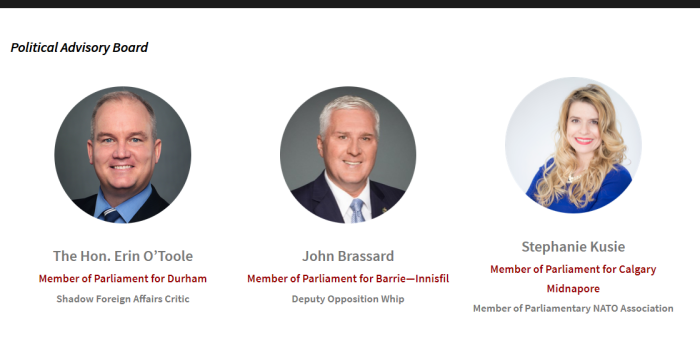 >
>